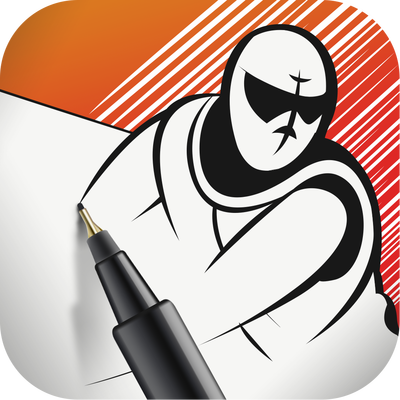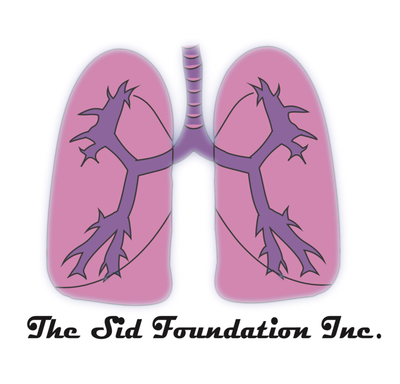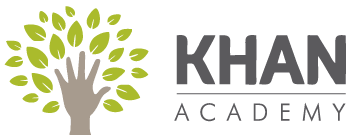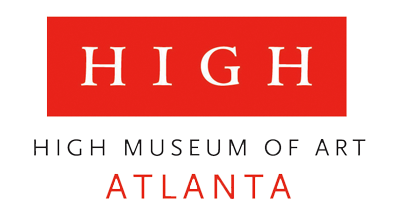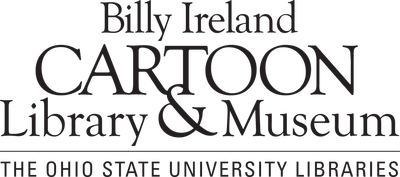|
The Living Legends interview series highlights established and influential people in the comics industry.
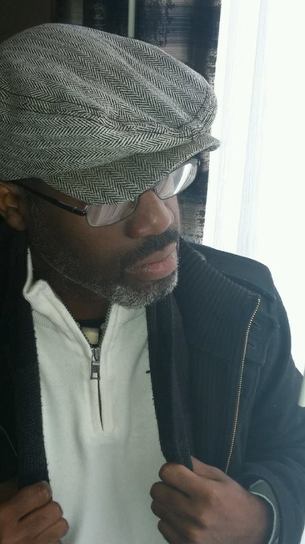
Jiba Molei Anderson “Black is Beautiful” was more than a slogan growing up, it was and is a way of life. "Ultimately, I am in the practice of training warriors; young men and women who have a distinct point of view and the drive to accomplish their goals. Life is a competition and I am in the business of creating champions." www.griotenterprises.com Bio: Jiba Molei Anderson is the CEO of Griot Enterprises, a publishing company / visual communication studio and creator of its flagship property, The Horsemen. He is also the curator of 4 Pages 16 Bars: A Visual Mixtape, an anthology which focuses on independent works from creators of color and maintains The Afrosoul Chronicles, a blog about comics, pop culture, politics and race. Anderson has had numerous one-man and group shows, art directed and published over 12 books and has been invited to speak about his work and the representation of race and culture at various institutions including the School of the Art Institute of Chicago and the Ohio State University. The Horsemen: Divine Intervention and the anthology 4 Pages 16 Bars: A Visual Mixtape have been used as textbooks for classes at OSU. Anderson has been employed as a graphic designer, animator, art director and graphic novelist for entertainment and educational institutions such as Universal Music Group, the University of Illinois - Chicago, the Smithsonian National Museum of African Art and the Chicago Academy of Music including The Song of Lionogo: An Indian Ocean Mythological Remix for the Smithsonian National Museum of African Art (with Brightseed Collaborative). Currently, Mr. Anderson is employed as a Part – Time Lecturer at Chicago State University. Questions: Where are your from and where did you grow up? I was born and raised in Detroit, Michigan. My mother is from Liberia while my father is from the U.S. So, I am first-generation born in the States on my mother’s side… My birth was Pan-African in nature. How did your experiences affect your art? I grew up in an environment where it was the U.S. outside my window and Africa behind closed doors. I grew up with the traditions, the food, the politics, the music, the art, the strength and power of African culture, the endurance, tenacity, passion, creativity and drive of African American culture. “Black is Beautiful” was more than a slogan growing up, it was and is a way of life. I was extremely lucky to be born into a family of creative people on both sides. My father is an architect, my younger siblings are all professional creatives. Cousins, aunts and uncles are working creatives or artisans. Many of my family members are educators and some were political and historical figures including my mother’s father. On the flip side, the American side, my people are hard workers, hustlers and grinders who don’t let obstacles get in their way. They have the ability to make things happen through sheer determination and will. Because of this, I feel that I have a legacy to uphold while contributing to that legacy. I can never half-step when I create. My family are some of the coldest artists of all time, and I’m not saying that because we are blood-related. I learn from them, they learn from me. I am forever grateful for that. Why did you pursue a Masters degree? Initially, I pursued my MFA to get a better job… Dollar, dollar bill, y’all. I was working as an apprentice in a design studio and was not loving life at all. My dreams of moving to New York to work for either DC or Marvel didn’t materialize the way I envisioned (i.e. easily), and I was not feeling being the lowest man on the totem pole working for a dude that I felt could have been Cosmo Spacely’s little brother… With a ponytail. When I arrived at the School of the Art Institute of Chicago in 1995, comics were not the next major arts movement. They were looked down upon. I wanted to change that with my thesis project. I wanted to elevate the superhero, the Black superhero in particular, to a level of respect. I wanted to show the strength of graphic design that the medium offers. Little did I know that in grad school, I would create the property that is The Horsemen and plant the seeds for what would become 4 Pages 16 Bars: A Visual Mixtape. What type of stories do you like to make comics about? My work examines the root of the superhero, mythology, thereby taking an esoteric approach to the genre. Mythology allows me to craft a story of people with abilities that though they use those powers for good, they are still subjected to the same feelings and frustrations they we all have when it comes to living in these modern times. Whats your process? Elaborate on how you work through your projects. How do you break up your time for your projects at different stages? My process is simple: I create images and I write the stories. I feel that the materials are immaterial to the work that’s being created. By that I mean the materials used are just an extension of the creator’s vision. Now, with that pretentious bit of pseudo-esoteric philosophy said, I’ve been in a slow transition, kicking and screaming, to a fully digital process. It’s neither quicker nor easier than working with the “analog” materials of pen, paper and paint. It allows for last-minutes edits to be made. It makes it somewhat easier to appease a client’s wishes. But, I do miss mastering the classic materials of illustration. What I’ve learned is that at the end of the day, my process is my process. Every artist’s process is unique to them. I think a more appropriate question is: “How do you handle a deadline.” And even then the answer is simple: Get the work done. If this is indeed your gig and you are getting paid from it, then get the work done. Develop the discipline to complete projects, especially with your own projects. What is your approach to teaching? My teaching philosophy is this: Teaching is a 50/50 proposition. It is the duty of the teacher to instruct, to guide and to mentor the student in the pursuit of their goals. It is the job of the student to receive and disseminate the information given and to take responsibility to further their education through their own personal application and continued pursuit of knowledge. I believe that the best teachers are the ones who are actively working in their field. It gives the student the opportunity of learning more than just the theories and techniques of their chosen profession. The working teacher also gives insight into the practical application of the student’s chosen field of study. Ultimately, I am in the practice of training warriors; young men and women who have a distinct point of view and the drive to accomplish their goals. Life is a competition and I am in the business of creating champions. Who should/ shouldn’t pursue a career in comics? If you are looking to get rich from doing comics, get out… Right now. It’s the straight-up lottery. It’s exactly like any career in the arts. Some become millionaires, some become paupers. The most successful artists are the ones who have figured out how to put a roof over their heads, food in their belly and make sure their family is good doing what they love to do. What do you recommend to aspiring artists that you wish you had known much earlier? Stick to your guns, learn the craft, figure out your lane in this game and rock it ‘til the wheels fall off. Everyone is influenced by someone, just don’t become a slave to your influence (looking at some of you “manga” artists). Don’t bite off of anyone else’s style, develop your own. There will be good days and bad days so you better love what you do because that will get you through the bad days. You only fail when you give up. What do you love best about making comics? I like telling stories and I like making art. Comics allow me to do both. What do you wish was different about the comics industry?
Oh, but wait… I’m an independent creator. And in the independent sphere, everything that I wish was happening at the larger companies are happening now in the indie scene. So, that’s where I am going to concentrate my energy. I’m going to do my part to grow the indie scene, especially Black Comix. Which books do you recommend artists should have in their reference library? Every artist and creator should have these three books as the foundation of their library: How To Draw Comics the Marvel Way by Stan Lee and John Buscema Understanding Comics by Scott McCloud Comics and Sequential Art by Will Eisner Also, every artist should get a Pinterest account. It is an invaluable for reference.
Top 5 Favorite Artists?
My Top 5 all-time are: Jose-Luis Garcia Lopez George Perez Steve Rude Brian Stelfreeze Walter Simonson Top Favorite Comic characters? 5+ Eshu (The Horsemen) Obatala (The Horsemen) Ogun (The Horsemen) Oshun (The Horsemen) Oya (The Horsemen) Shango (The Horsemen) Yemaya (The Horsemen) Black Panther Velvet Templeton (Velvet) The Batman Top Favorite comics, graphic novels? 5+ I really don’t have any favorites. I have too many good books in my collection to just settle on 5 because that may change based on my mood, the weather, what I ate for lunch, etc. I really just like well-crafted projects. What type of work are you interested in doing? The work that I’m doing now. How can others find your work? Website, social media link, etc www.griotenterprises.com www.jazintellec8.wixsite.com/jibamoleianderson www.gofundme.com/GriotEnterprises Griot Enterprises Titles
|
|
|
Archives
November 2023
September 2023
August 2023
July 2023
June 2023
May 2023
April 2023
December 2022
March 2021
October 2020
September 2020
May 2020
April 2020
March 2020
July 2019
June 2019
May 2019
December 2018
November 2018
September 2018
August 2018
July 2018
June 2018
May 2018
April 2018
March 2018
February 2018
January 2018
December 2017
November 2017
Categories
All
#Bamruary
Clokas
Comics
Conventions
Creator’s Corner
Creators On The Come Up
El Cómico
Interviews
Live Art
Living Legends
Panel Discussions
Press
Prime Vice Comics
Projects
#PVSketch
Resources
Saint Love City Funk
Special Events
The Seqa Dojo
Tutorials
Workshops
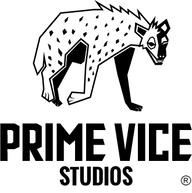
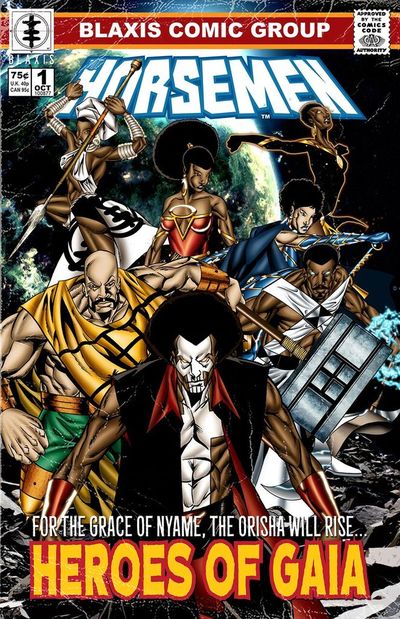
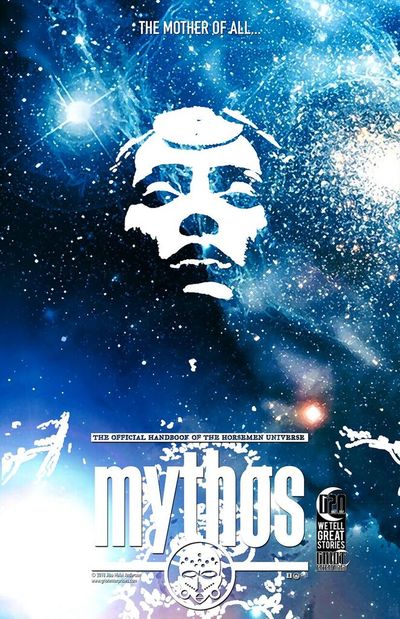
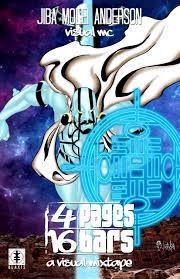



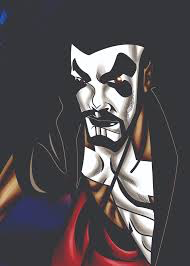
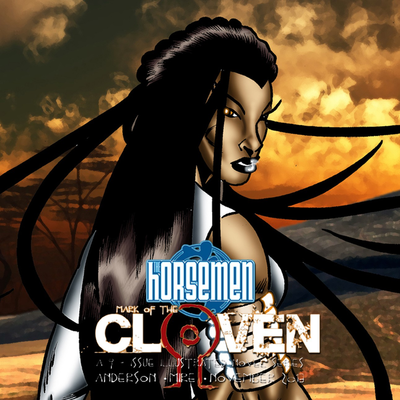
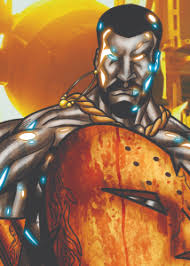
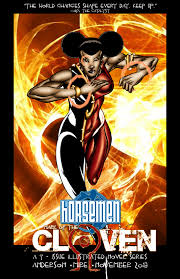
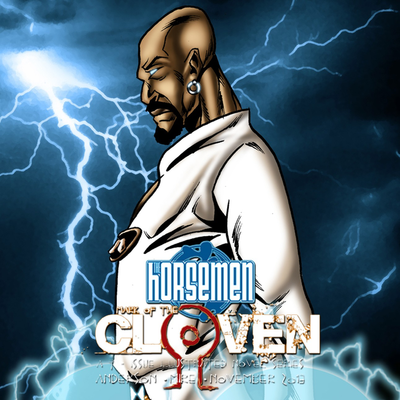
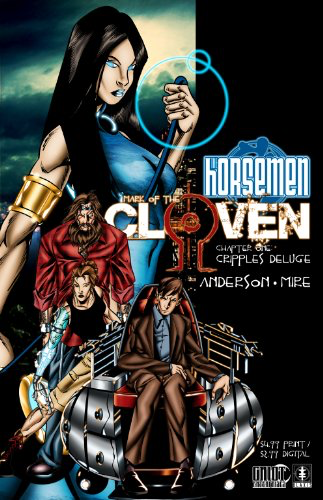
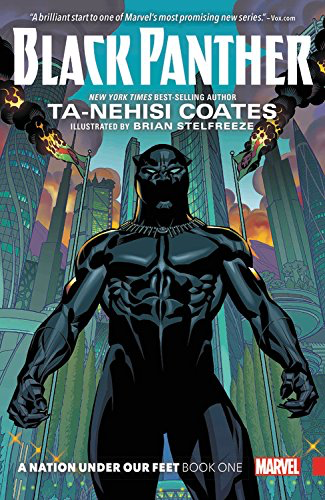
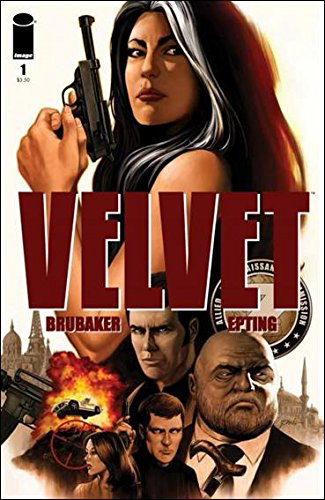
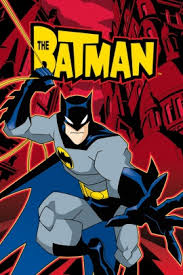
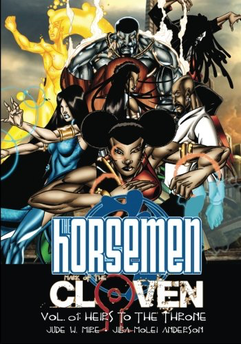
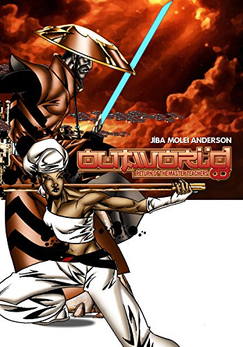
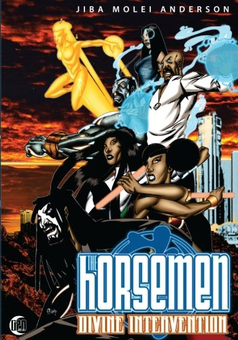
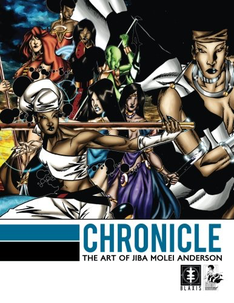
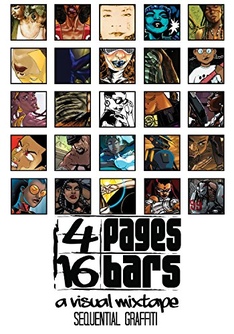
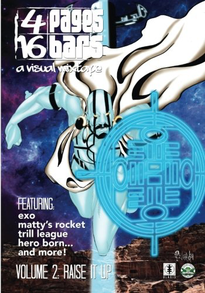
 RSS Feed
RSS Feed
